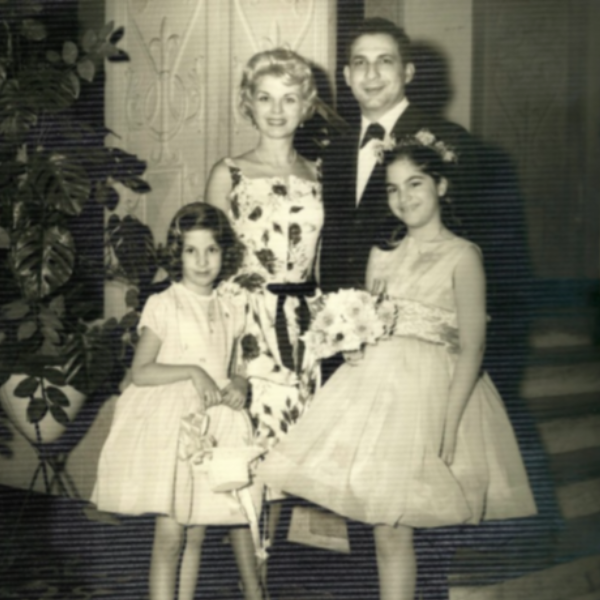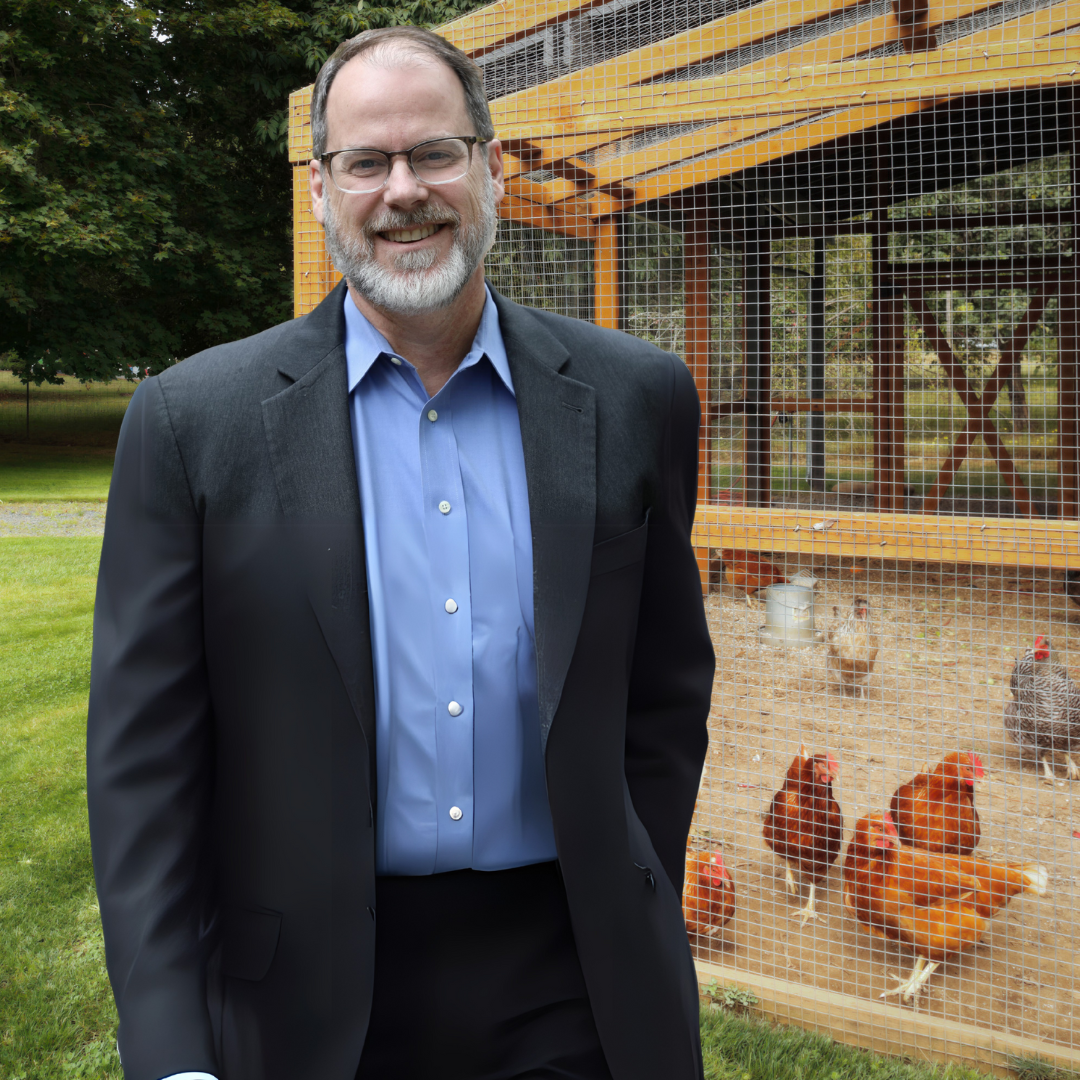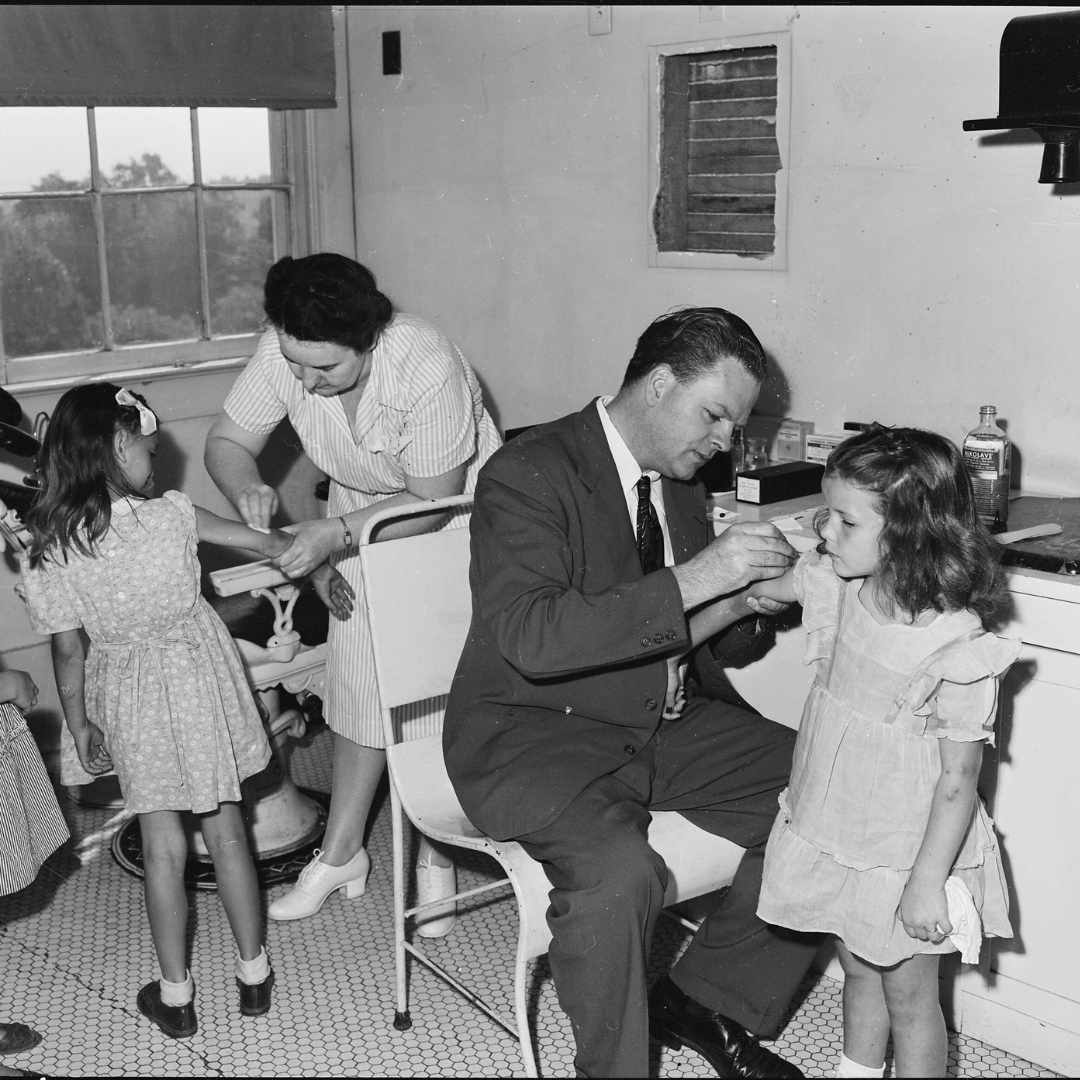In 2009, I turned in my pipettes and decided to pursue a career outside of the laboratory. I was living in Boulder, Colorado, and had clearly been shielded up to that point from the fact that there were people who are fearful of or against vaccination. In the beginning, I found this topic enraging and wanted to jump onto a soapbox and yell. However, two life events changed my perspective on this conversation. First, I got married and discovered that my in-laws are not nearly as pro-vaccine as I am. It boggled my mind when I found out that my husband had not completed the full immunization schedule. Second, I had a child and faced the decision of whether or not to vaccinate my son.
Neither of those life events changed my absolute support of vaccination, but I learned to have a dialogue – a conversation—rather than wanting to yell. I knew that barring any medical issues, my son would be fully vaccinated (and, he is). I spent a great deal of time discussing vaccines with my husband and effectively won him over with the power of science. Our decision to require the Tdap vaccine to spend time with our newborn son was a contentious topic with my husband’s family. Ultimately, by the time he was born, the family was caught up on Tdap. These can be difficult conversations to have with family and friends, and I discovered that my passion for science education fit nicely with the challenge of helping people better understand vaccines.
I still live in Colorado, which happens to be the state with the worst measles vaccination rate for kindergartners in the country. Our schools consistently show above average exemption rates, and there’s a distinct disdain for vaccination in many parent circles. I realized that providing non-judgmental, factual information through a story was the best way I could contribute to preventing further distortion of the science of vaccination. So, I decided to apply to speak at TEDxBoulder to share a story about vaccination: a story about risk and community. There are risks inherent in all of the decisions we make, and we must weigh the risks of vaccines versus the diseases from which they protect us. Ultimately, our personal decisions about vaccination not only affect our families, but also our communities.
Lindsay Diamond has a PhD in biomedical sciences and lives in Colorado with her family. She is the Director of Education at SparkFun Electronics.



